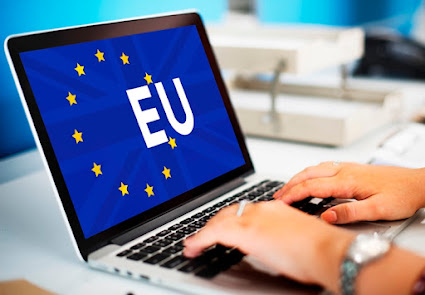The use by EPSO of remote testing in selection procedures to recruit EU civil servants
Following a significant number of complaints concerning the use by the European Personnel Selection Office (EPSO) of remote testing in selection procedures to recruit EU civil servants, the European Ombudsman carried out an own-initiative inquiry to look into the issues raised.
The Ombudsman’s inquiry identified various issues in how EPSO organised and oversaw the remote tests, including regarding the requirements it put in place. The inquiry also identified shortcomings in the information provided by EPSO to applicants and candidates, as well as how it dealt with complaints and the rescheduling of tests. To address these, the Ombudsman made suggestions aimed at improving EPSO’s rules and administrative practices.The Ombudsman closed the inquiry, as no further inquiries were justified. However, she urged EPSO to ensure it provides clear and consistent information concerning future ‘competitions’ and selection procedures to recruit EU civil servants. This is particularly important as it seeks to push ahead with this new approach to recruitment and tests. Providing clear information to candidates can enhance public trust in and acceptance of related decisions and requirements.
The Ombudsman will consider returning to these issues in future, to assess progress. (source: ombudsman.europa.eu/ photo: freepik.com)









Comments
Post a Comment